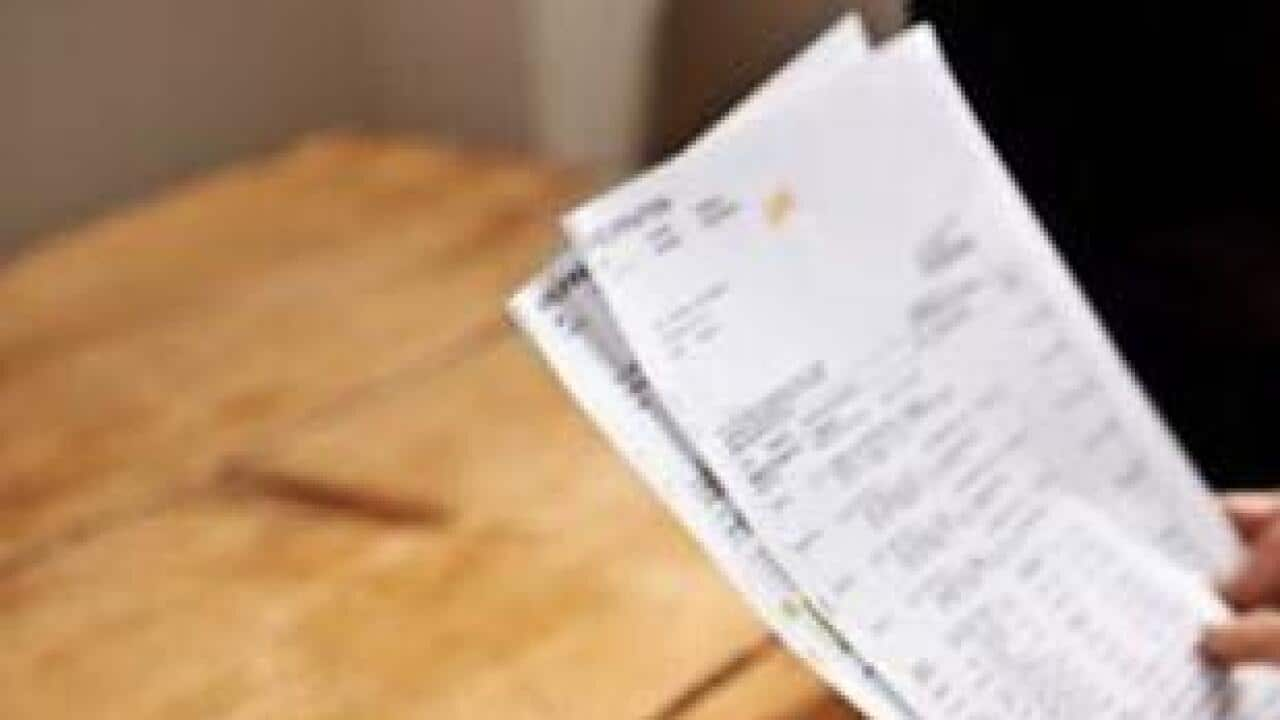'May PERAan' is SBS Filipino's new podcast series which features financial experts seeking to answer the most common questions about money and finances.
"Blood, sweat and tears are disguised as tax refunds," tax accountant Mark Vecino shares, adding, "Refunds are unexpected cash, but you've worked hard for them as well."
Being money that you've worked hard for, Mark says that it is important to be aware of the dollars you've spent during the financial year so you can claim the refund that is rightfully yours.
Highlights
- General deductions include travel, studies and tools used for work.
- Deductions that fall under 'others' tend to be overlooked.
- A good use of refunds would be savings and investments.
As tax season approaches, here are the things you need to keep in mind when it comes to deductions
1. There are three general categories for deductions.
These categories are namely self-education expenses; car or travel expenses and; telephone, tools and subscriptions.
"The premise of these deductions is that they are used for work.
"When it comes to car expenses, create a detailed logbook. All you need to jot down are odometer readings, travel time, day and purpose of travel. The ATO accepts the logbook as sufficient proof. No need for receipts."
Mark shares that travel expenses relate to travelling from work to another facility or from one facility to another and does not include travel from home to work.
"There are limited circumstances that you can claim travel expenses if you are coming from your home. An example of this is if you don't have a permanent place where you work and your job entails visiting clients in their homes."
2. Deductions that fall under 'others' are often overlooked.
"Other deductions are overlooked," Mark shares, adding, "For example, in aged care, people forget to deduct their uniforms. Other expenses people forget include income protection insurance, short courses needed for work and union fees."
Mark states that no matter how small the cost, every dollar spent adds up and may result in a higher refund.
3. A good use of refunds would be 50% savings, 50% investment.
"You can use the money to buy what you want, of course; but try not to splurge. A good use of the refunds would be to save 50% as emergency fund and invest 50% ."
Mark shares that it's important to make your money work for you.
"I have a client who used to do casual work for an aged care agency for 5 years. She now owns her own agency business. Her tax refund helped with capitalisation."
ALSO READ / LISTEN TO
READ MORE

Do I need income insurance?
Disclaimer: This article is for general information only. For specific financial advice, you should consider seeking independent legal, financial, taxation or other advice to check how the information here relates to your unique circumstances.






